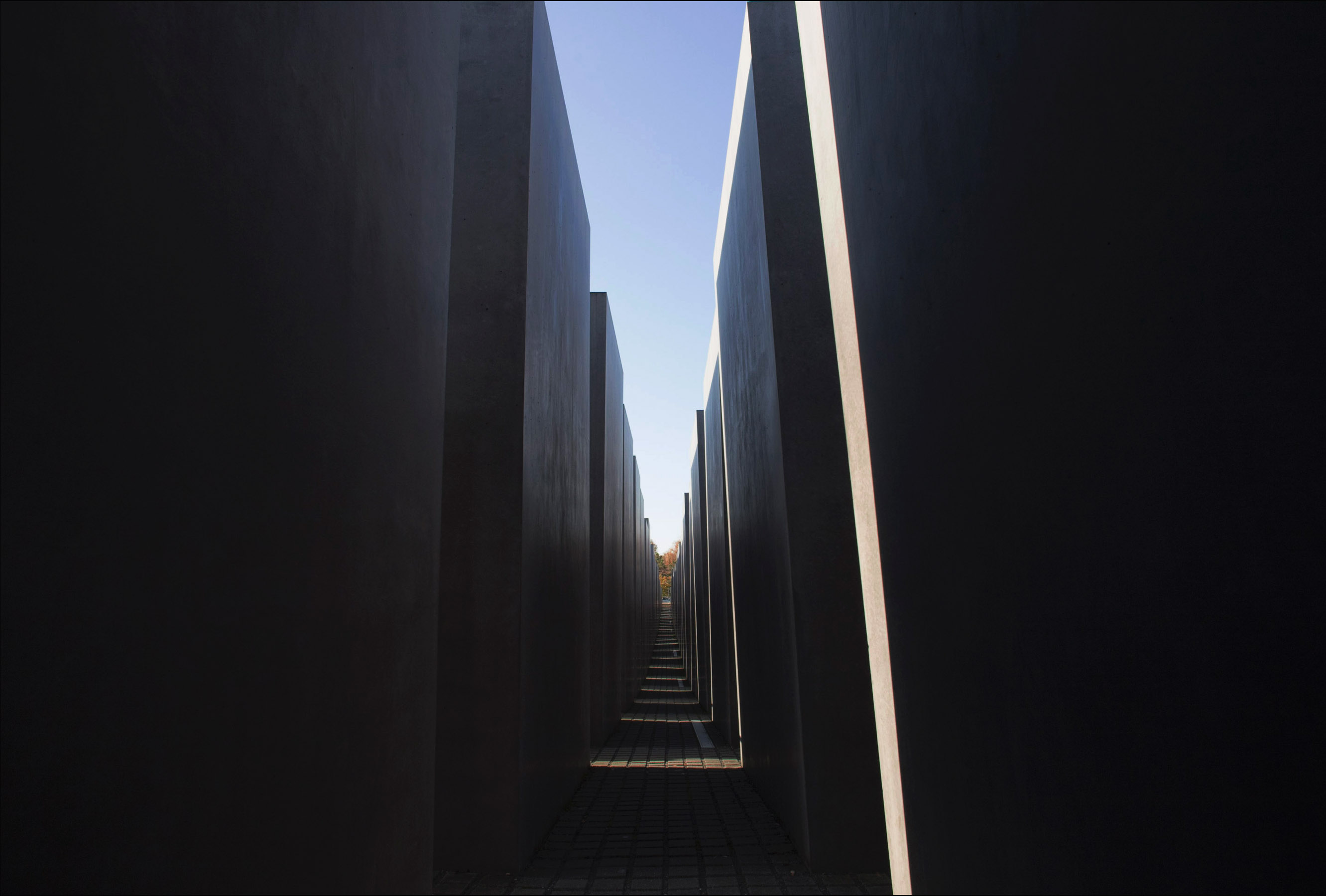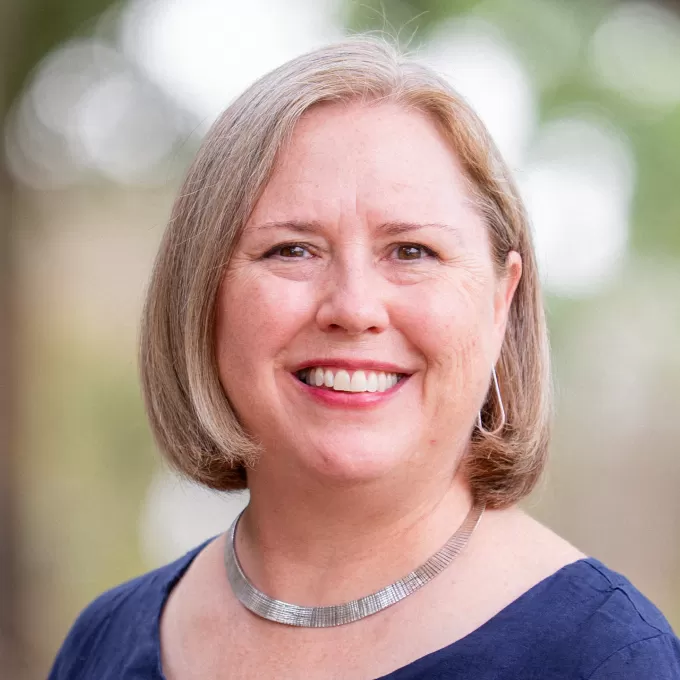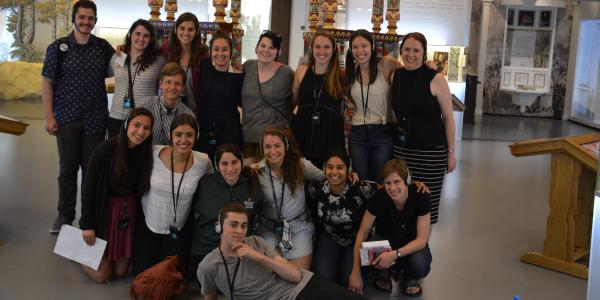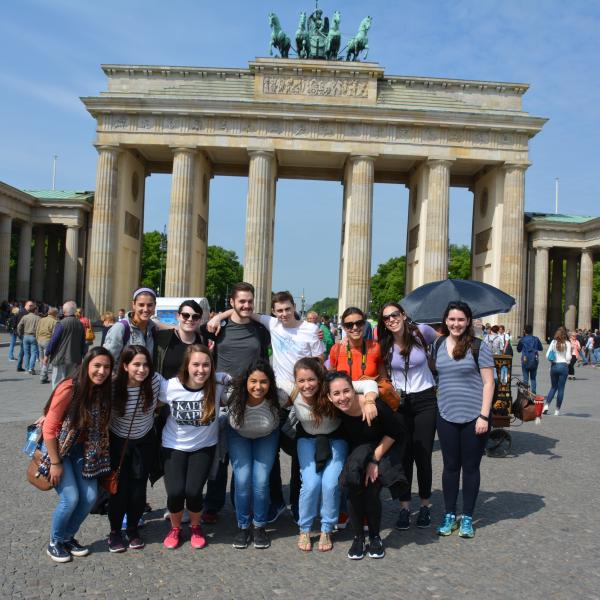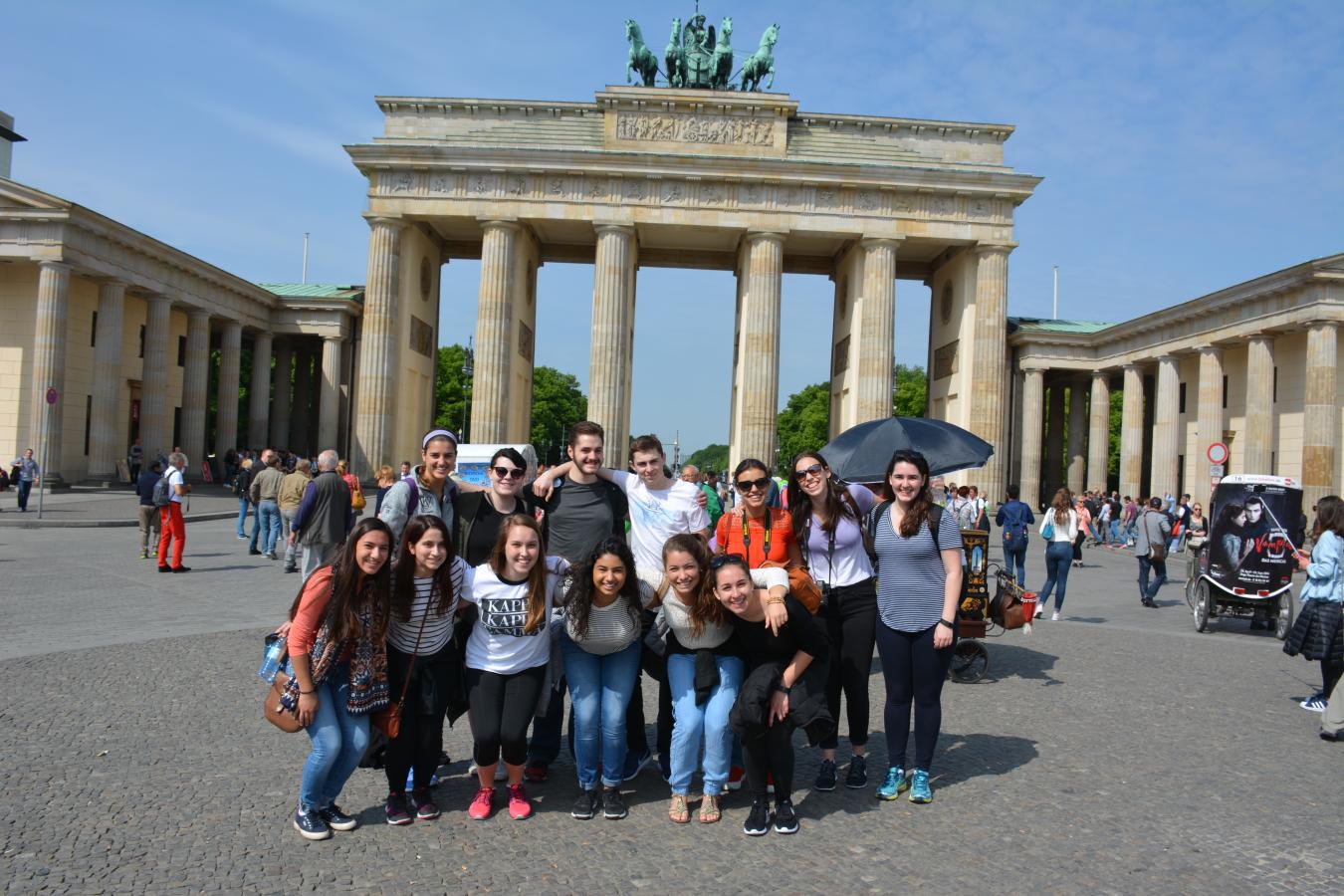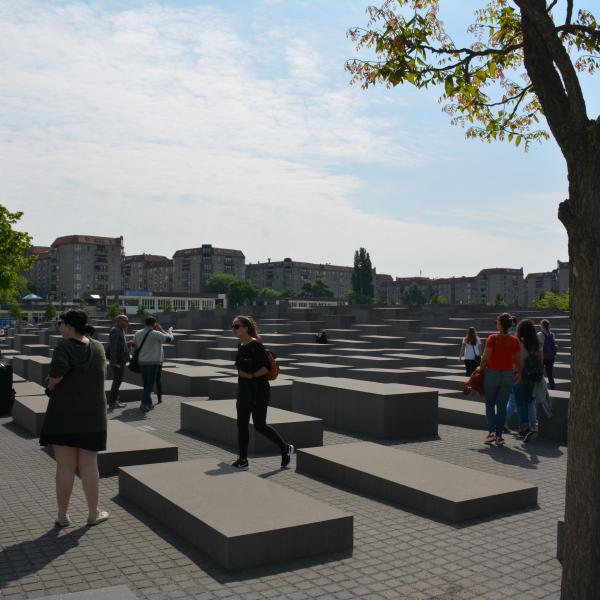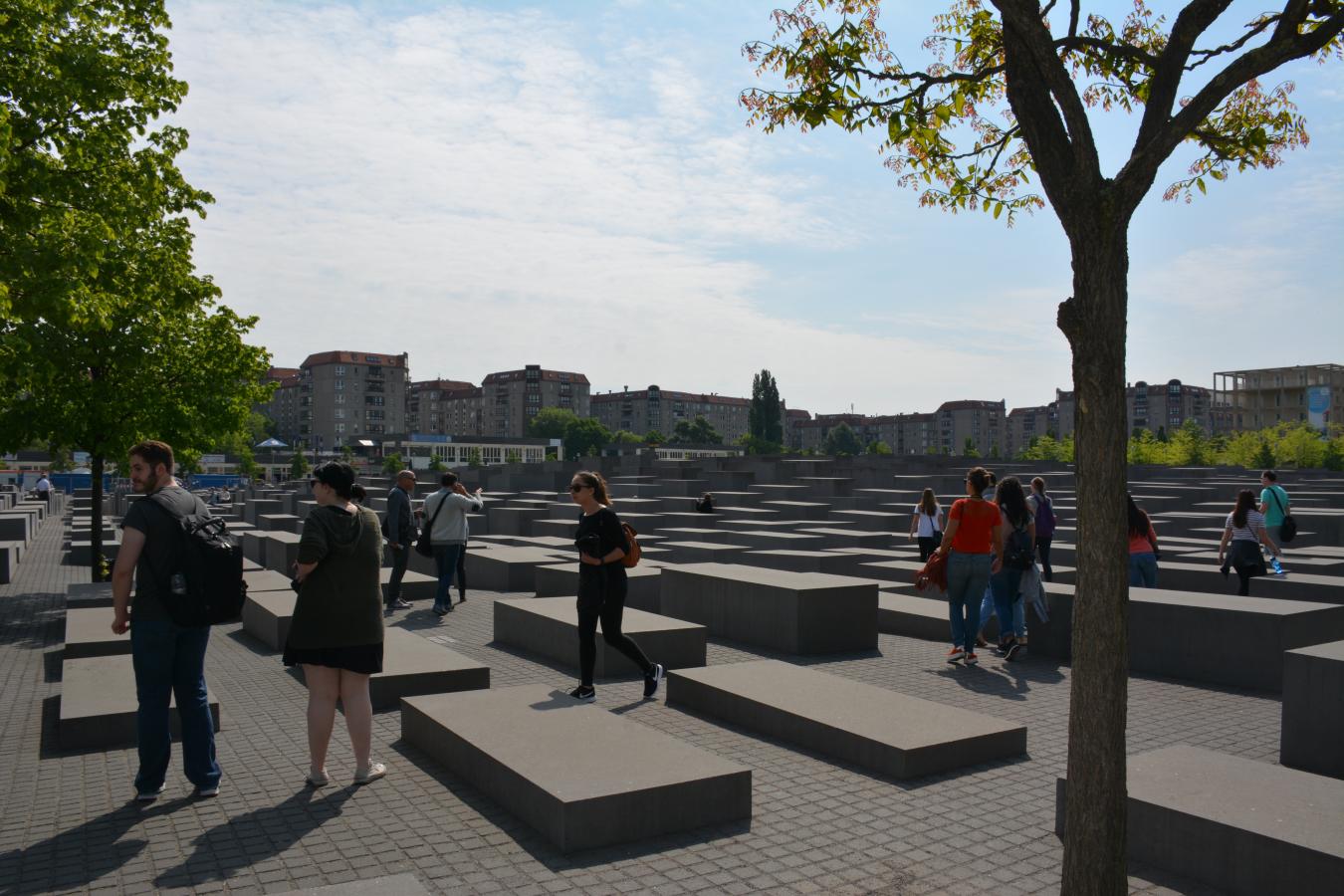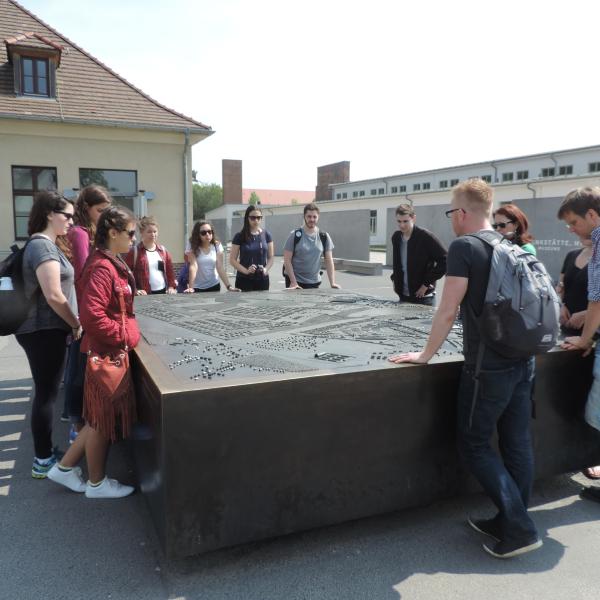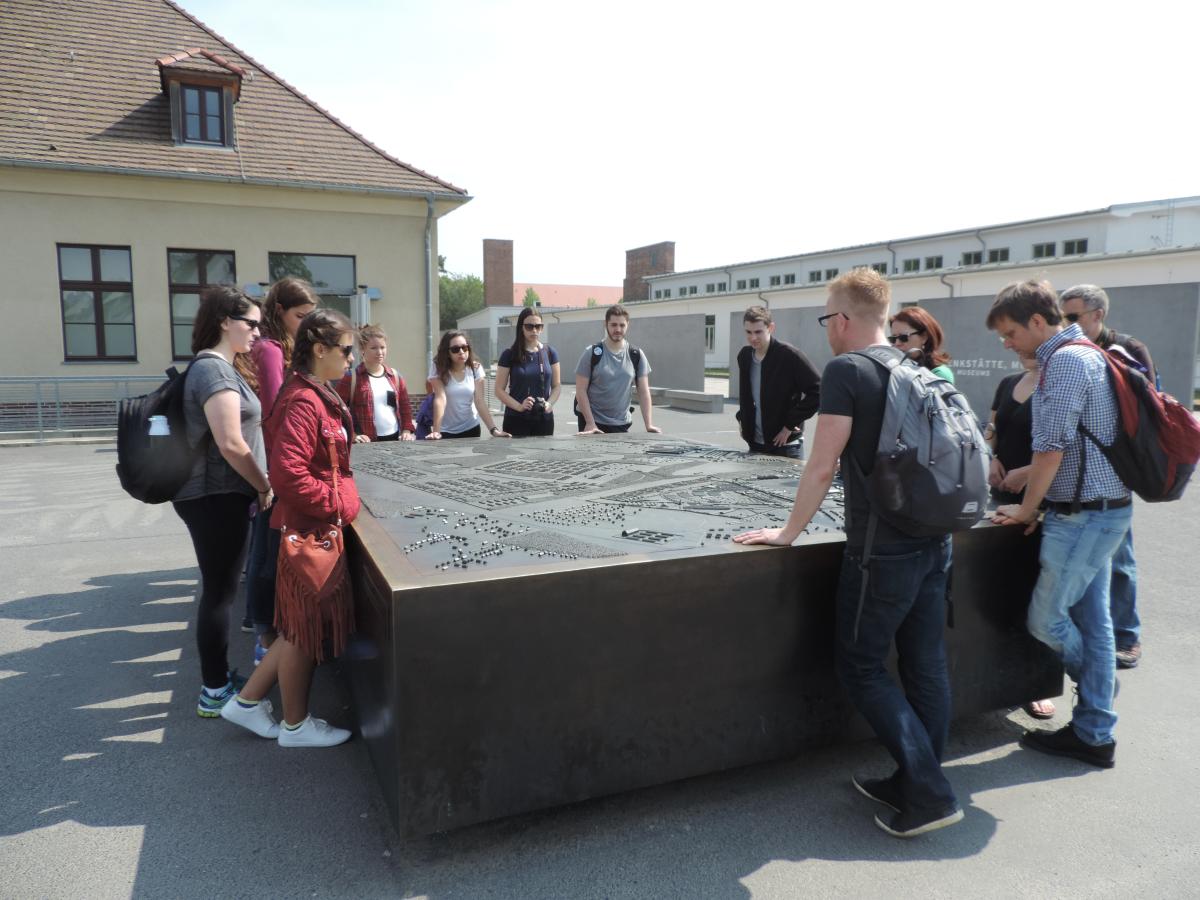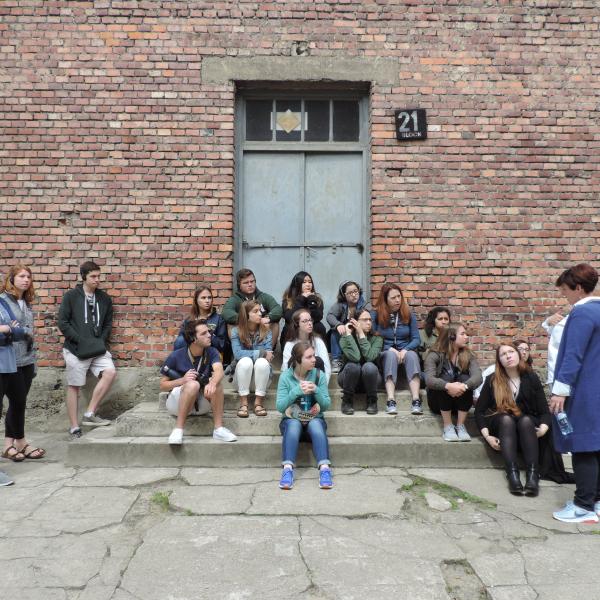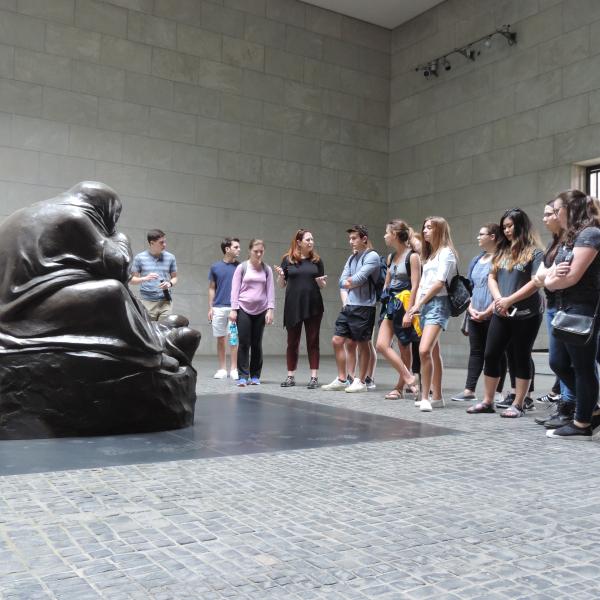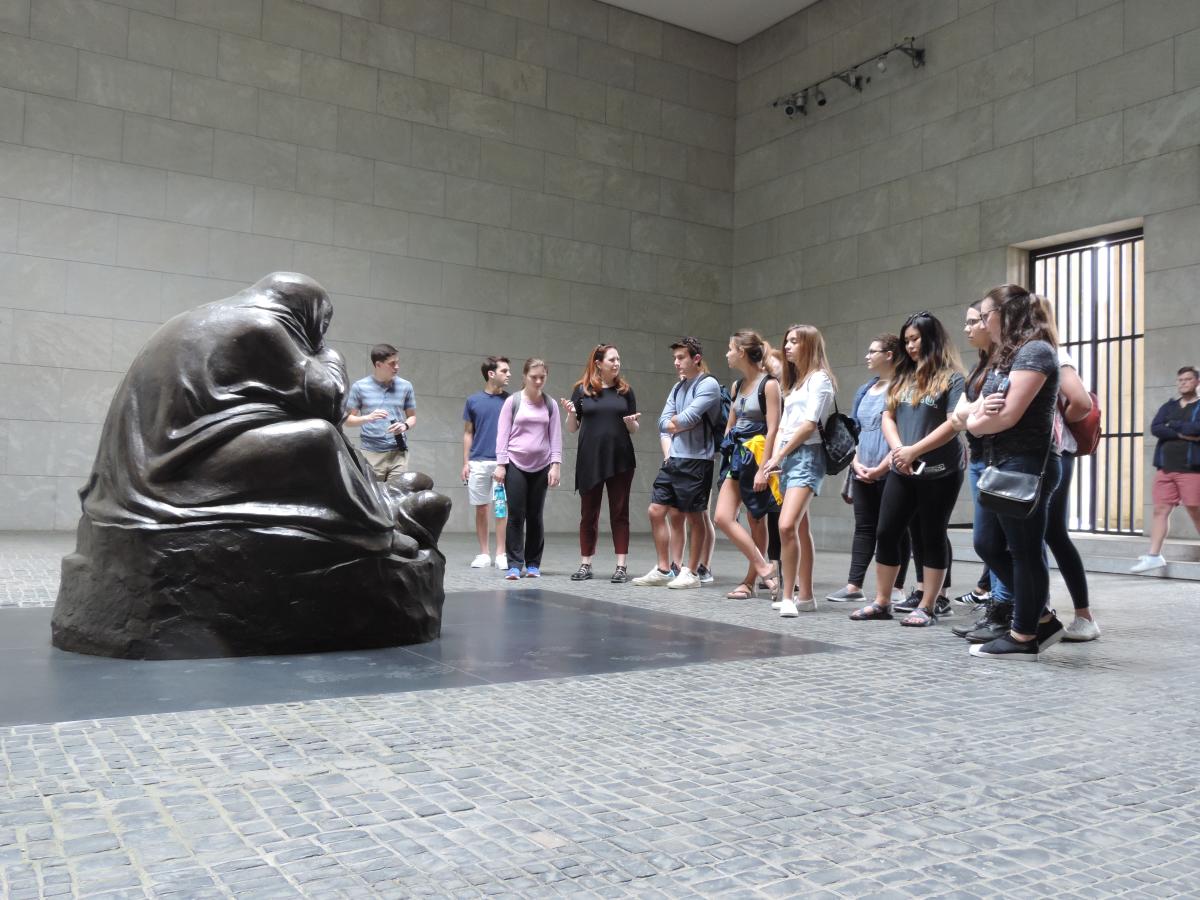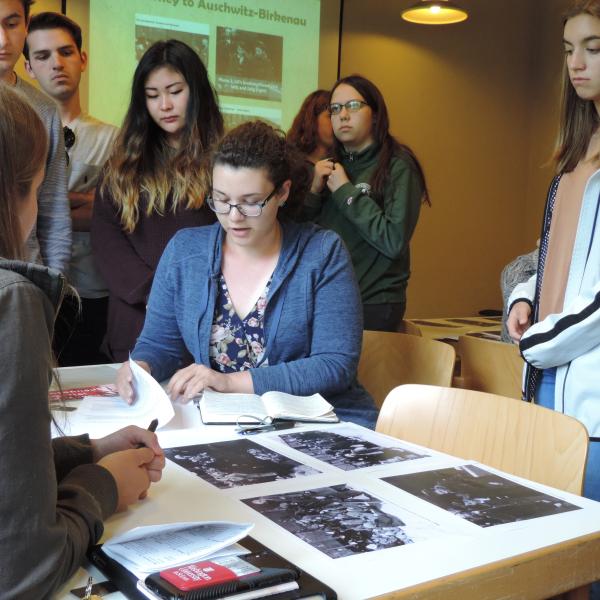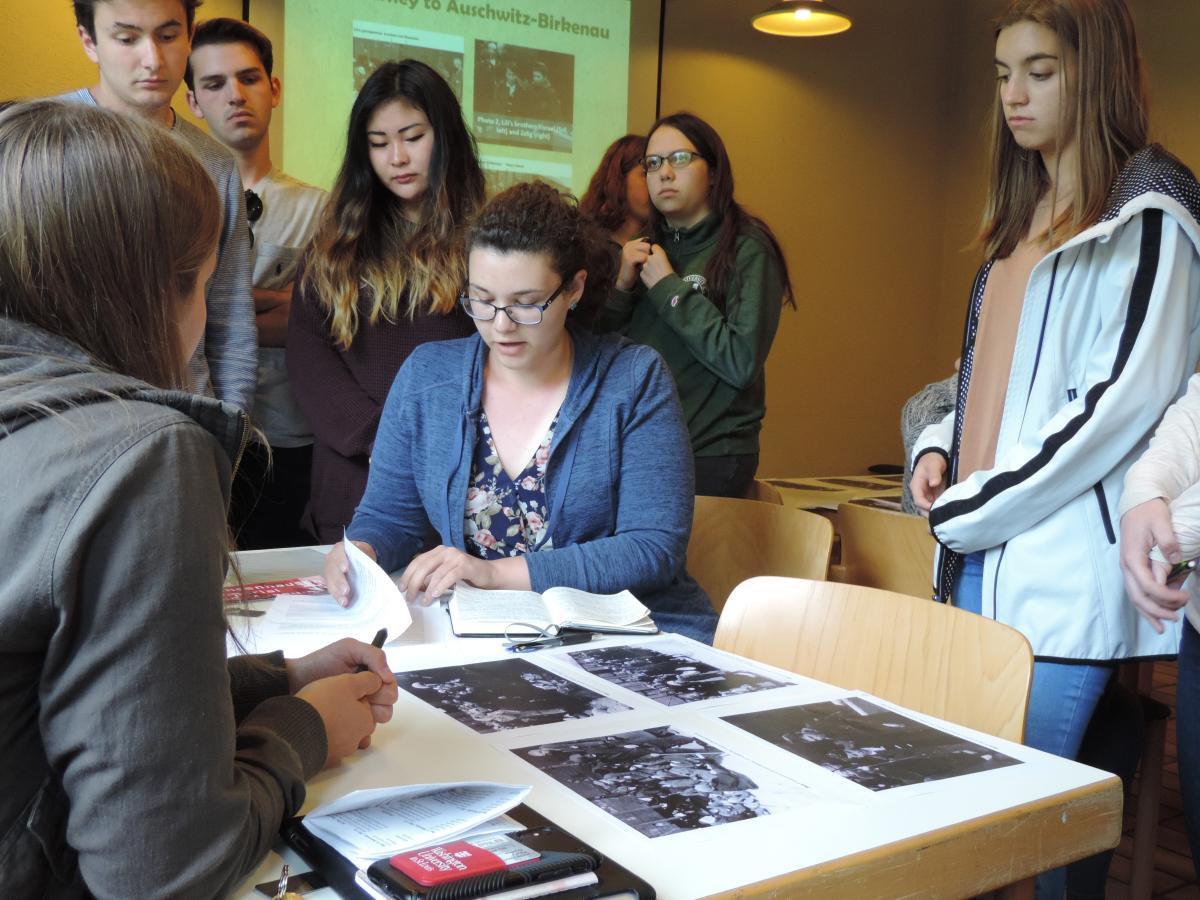What courses are offered as part of this program?
The fall semester course, “The Holocaust: A European Experience,” will give students a necessary overview of the complex historical breadth and geographic reach of the pan-European events of the Nazi genocide, an event that affected women and men, children and the elderly, Jews, Roma, Slavs, and social groups that the Nazis considered unworthy of life.
In the spring semester course, “Representations of the Holocaust in Literature and Film,” students will use their understanding of the development and implementation of the Holocaust to examine important literary and filmic representations of the Holocaust with a critical eye, focusing in particular on depictions of the Holocaust that fall outside standard narratives and examining theoretical frameworks for analyzing such texts.
Will there be activities outside of the classroom?
Classroom engagements may be supplemented by visits to the St. Louis Kaplan Feldman Holocaust Museum and Learning Center and other projects.
This program may also include an educational trip in May to locations in Germany and Poland. Students may also visit sites important to the history and memory of the Holocaust, such as the Warsaw Ghetto, the Auschwitz and Treblinka death camps, and museums, memorials, and important historical sites in Berlin and environs.
What is different about this program from other opportunities in this major/field?
The Ampersand Program on the Holocaust is a unique opportunity for students to study the complex dynamics and legacy of one of the most well-known transnational historical events from an interdisciplinary perspective. Students are trained in different disciplinary approaches to fundamental questions of humanistic scholarship: What role does ideology play in how humans make decisions and act? Why does violence against particular groups occur? How do individuals and communities live with the aftermath of systematic violence? How do artists and survivors try to make legible to others concrete experiences of violence, whether from the perspective of the victim or from that of the perpetrator? How do people make sense of their own and other people’s pasts? Why do literature, film, and historical scholarship continue to turn to the events of the Holocaust in order to explain the dangers of propaganda and ideological indoctrination, or the dynamics of violence?
Is there any additional cost for this program?
Yes. The possible travel component of this course, a trip to Germany and Poland, costs approximately $5,500. Need based financial support available.
Will this program's travel component be affected by COVID-19?
This Ampersand Program may have an international travel component, which could be affected by federal and local guidelines related to health, safety, and security considerations. This program's main academic component will not be affected.

